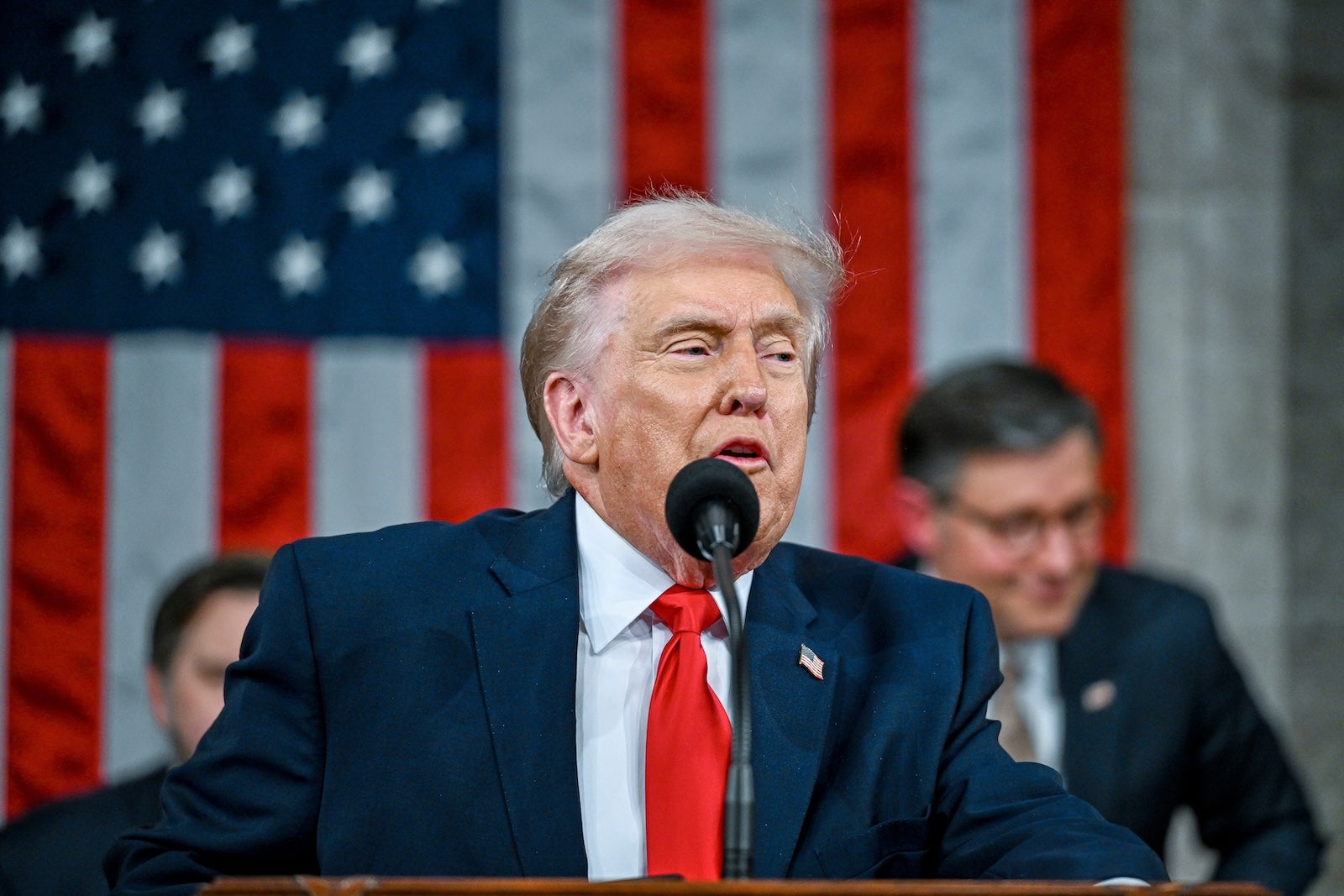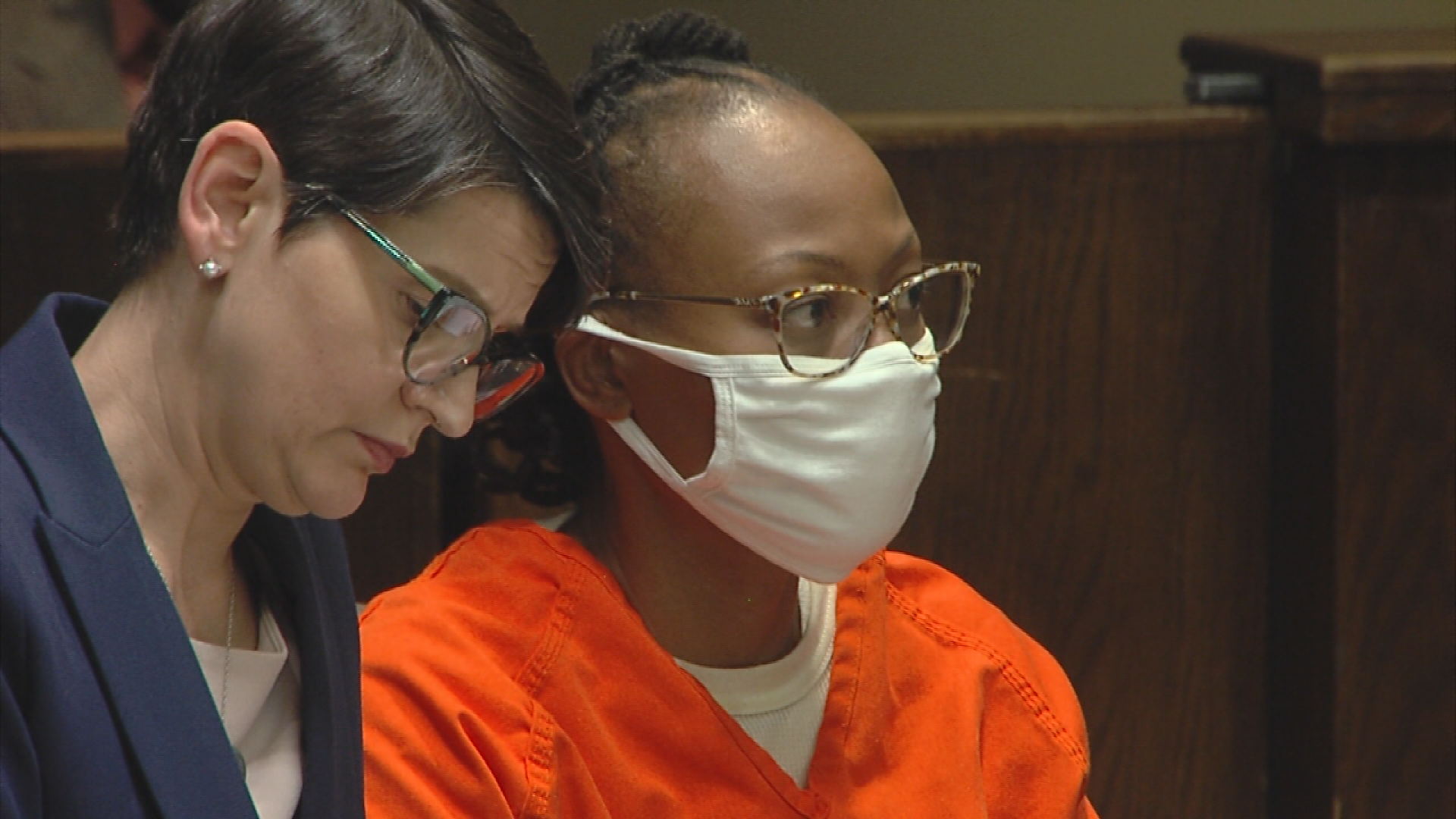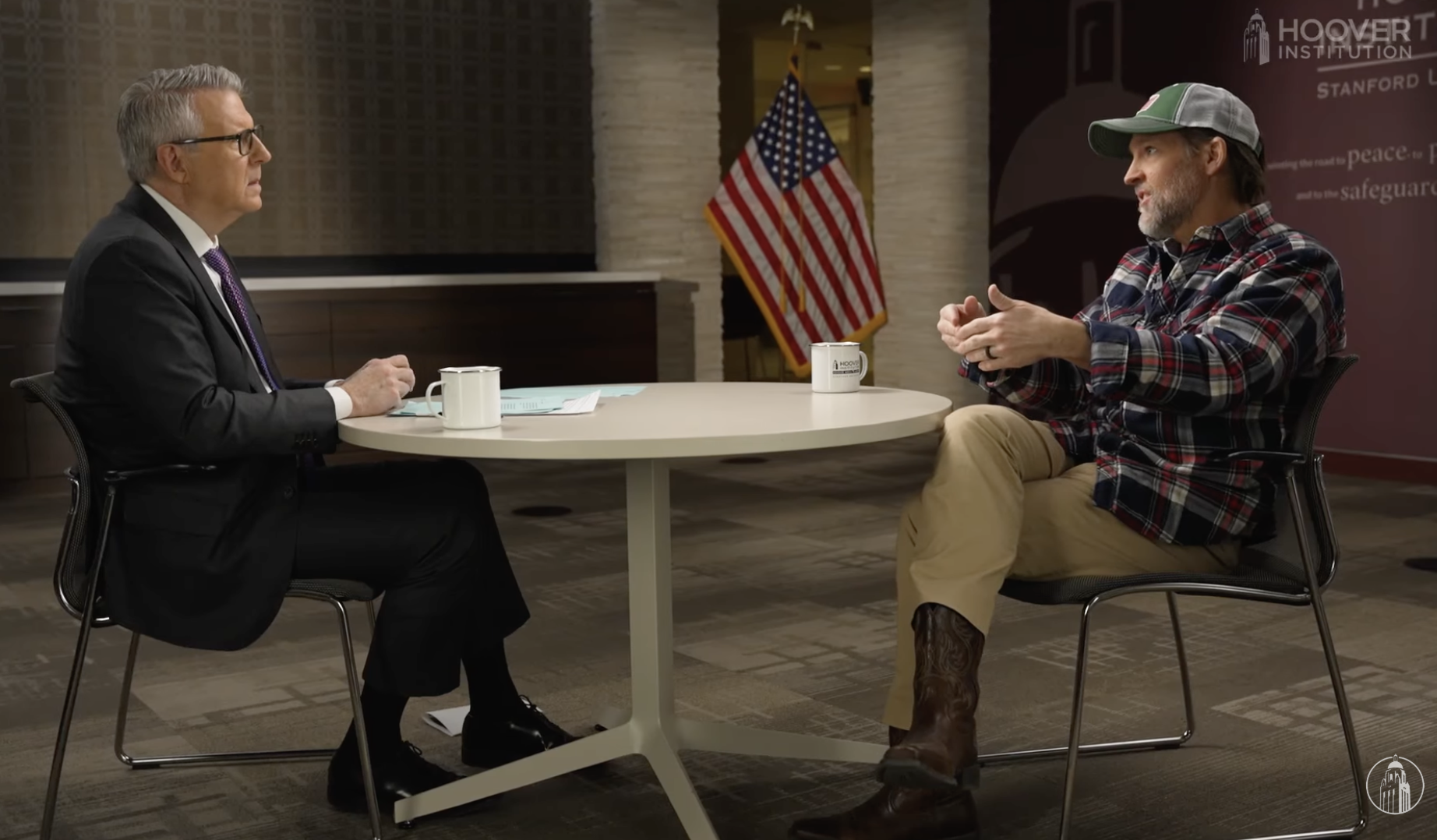Papua New Guinea Declares Itself a Christian Nation—Parliament Adds the Trinity in Constitution
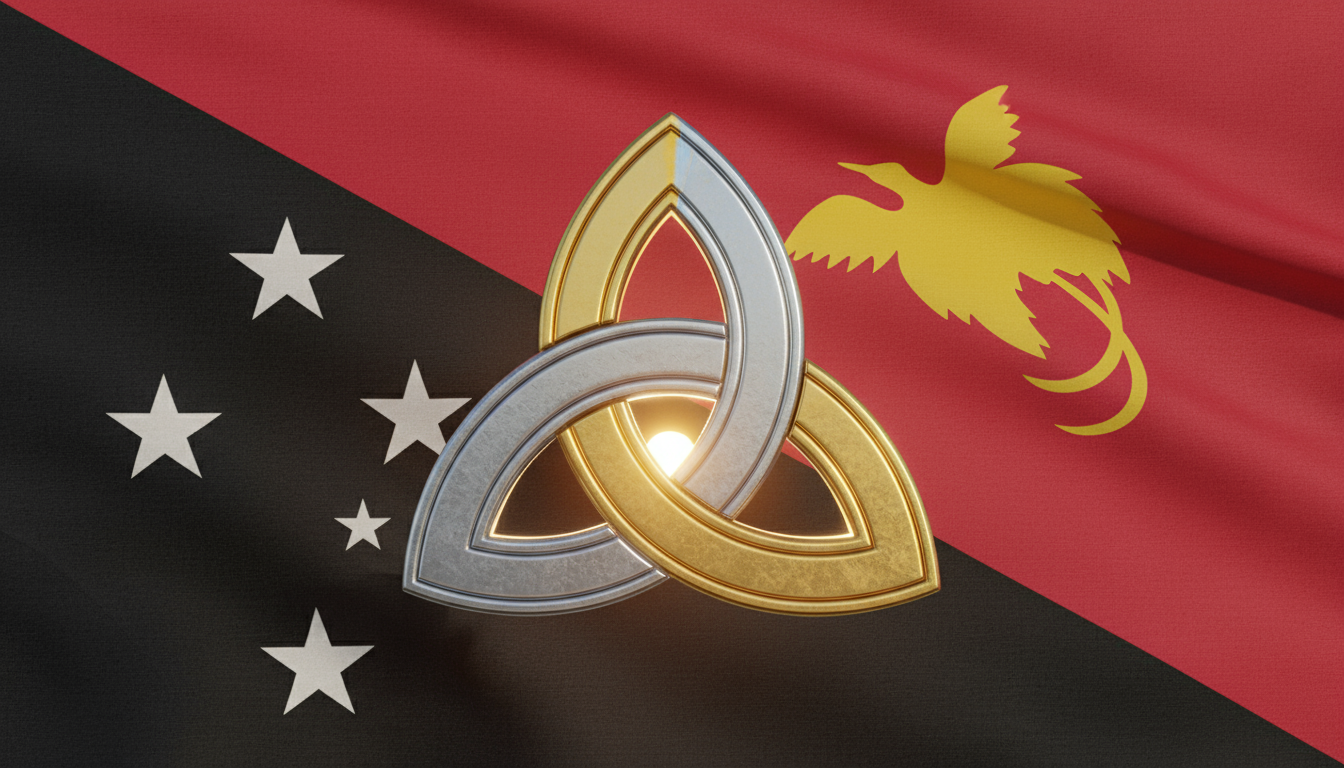
Port Moresby, Papua New Guinea - Papua New Guinea's Parliament passed a historic constitutional amendment on March 12, 2025, formally declaring the nation's Christian identity by adding an explicit invocation of the Trinity to its constitution. The amendment passed with overwhelming support, receiving 80 votes in favor and only 4 against.
The amended preamble now reads:
"(We) acknowledge and declare God, the Father; Jesus Christ, the Son; and Holy Spirit, as our Creator and Sustainer of the entire universe and the source of our powers and authorities, delegated to the people and all persons within the geographical jurisdiction of Papua New Guinea."
The constitutional changes also reflect Christianity in the Fifth Goal of the preamble, identify the nation's Christian identity in Section 1, and declare the Bible as an official national symbol under Section 3 of the constitution.
Prime Minister James Marape, a Seventh-day Adventist, expressed satisfaction with the outcome. "I am happy. This constitutional amendment finally recognizes our country as a Christian country. This reflects, in the highest form, the role Christian churches have played in our development as a country," he said.

Marape emphasized the historical contributions of Christian churches to Papua New Guinea's unity.
"With so much diversity, languages, associated cultures and tribal affiliations, no one can dispute the fact that Christian churches have anchored our country's unity and togetherness. Christian churches precede government in many areas. Where government is absent, churches are there. Churches and missionaries have been here well before 1975, the first one of them more than 150 years ago, and they continue to be here to this day."
The Prime Minister clarified that the amendment does not infringe on religious freedom. Section 45 of the PNG Constitution, which protects freedom of conscience, thought, and religion, remains intact and unchanged.
"This is not an operational law, but an addition to the preamble of the Constitution; that we are now placing God in His rightful place," Marape stated. "When we look into the Christian ethos and theology, it recognizes God as the Creator of the universe, the world and our country."
The amendment followed extensive consultations conducted by the PNG Constitutional Law Reform Commission in 2022.
Papua New Guinea, a Melanesian nation in the southwestern Pacific Ocean, gained independence from Australia in 1975. Christianity arrived more than 150 years ago through missionary work, and the nation is now overwhelmingly Christian in religious affiliation.
However, the amendment has drawn criticism from some religious leaders.
Catholic Bishop Giorgio Licini warned the change would likely lead to disillusionment. In July 2025, Archbishop Rochus Tatamai of Rabaul expressed concern at a parliamentary hearing, questioning the wisdom of transforming personal faith into a matter of state identity.

"Politicians are not theologians," Archbishop Tatamai said, "and they are stepping into sacred territory without the tools to handle it responsibly." He noted that Papua New Guinea's founding fathers had deliberately avoided imposing a state religion, choosing instead to protect pluralism and preserve a clear boundary between faith and government.
Some Christian leaders have expressed hope that the change will help bring national harmony and advance efforts to end violence and corruption in the country. Papua New Guinea faces challenges including high crime rates, corruption, and tribal conflicts.
Christianity Today reported that the constitutional change has not altered guarantees of religious freedom, though some observers remain concerned about potential implications for religious minorities and the relationship between church and state.
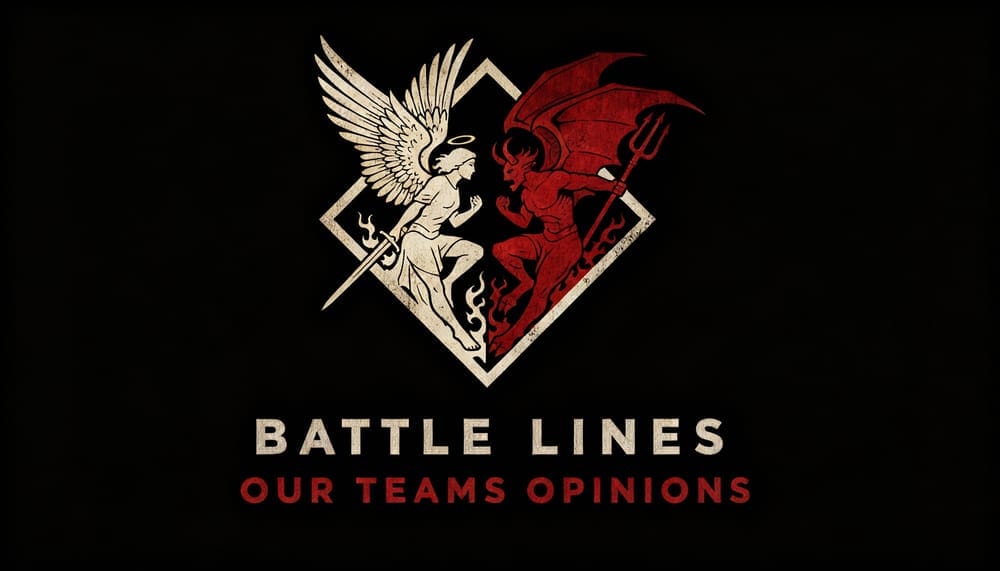
THE CRUSADERS OPINION
Papua New Guinea just put the Trinity in its constitution. Parliament voted 80-4 to declare God the Father, Jesus Christ the Son, and the Holy Spirit as Creator and Sustainer of the nation. The Bible is now an official national symbol.
This is what Christian nations look like. They acknowledge God publicly. They recognize Christ officially. They honor Scripture constitutionally. Papua New Guinea didn't apologize for its Christian identity. They enshrined it in their founding document.
Prime Minister Marape got it right. Churches have anchored PNG's unity for over 150 years. Missionaries arrived before government. Where government is absent, churches serve. Christian faith binds together hundreds of tribes speaking different languages with different cultures. That's not coincidence. That's Christ.
Western Christians could learn from this. We apologize for our heritage. We hide our faith. We pretend Christianity hasn't shaped our nations. Papua New Guinea said no more. They put God where He belongs—at the foundation of national life.
Critics worry about religious freedom. Section 45 protecting freedom of conscience remains unchanged. Nobody's forcing conversion. They're simply acknowledging historical reality and national identity. PNG is Christian. Now their constitution says so.
Catholic Archbishop Tatamai complained politicians aren't theologians. True. But recognizing God as Creator doesn't require theological expertise. It requires honesty about who built your nation and what holds it together.
This won't fix corruption overnight. Constitutional amendments aren't magic. But publicly honoring God matters. Nations that acknowledge Christ receive His blessing. Nations that deny Him face His judgment. PNG chose blessing.
TAKE ACTION: CELEBRATE PAPUA NEW GUINEA'S BOLD STAND
Pray for Papua New Guinea: That this constitutional declaration would lead to genuine national transformation and spiritual renewal
Support PNG churches: Organizations working in Papua New Guinea need support as they continue anchoring the nation
Learn from their example: Consider how Western nations abandoned public acknowledgment of God and what that's cost us
Share this story: Let people know some nations still aren't ashamed to call themselves Christian


